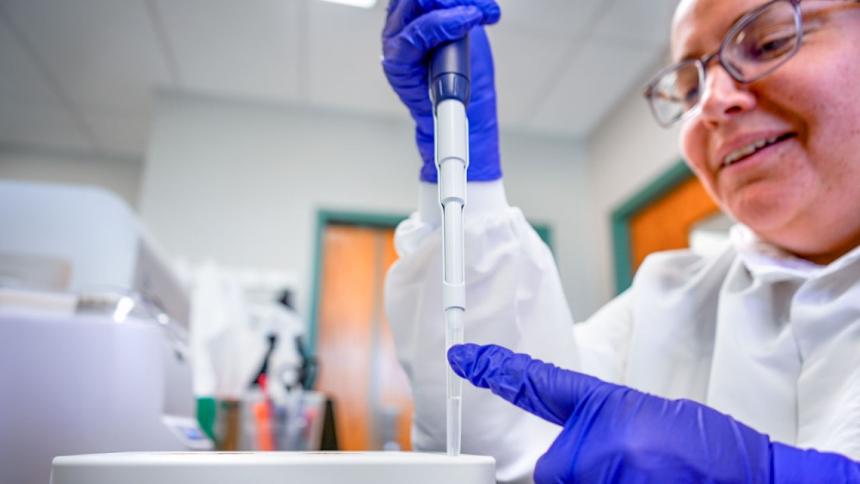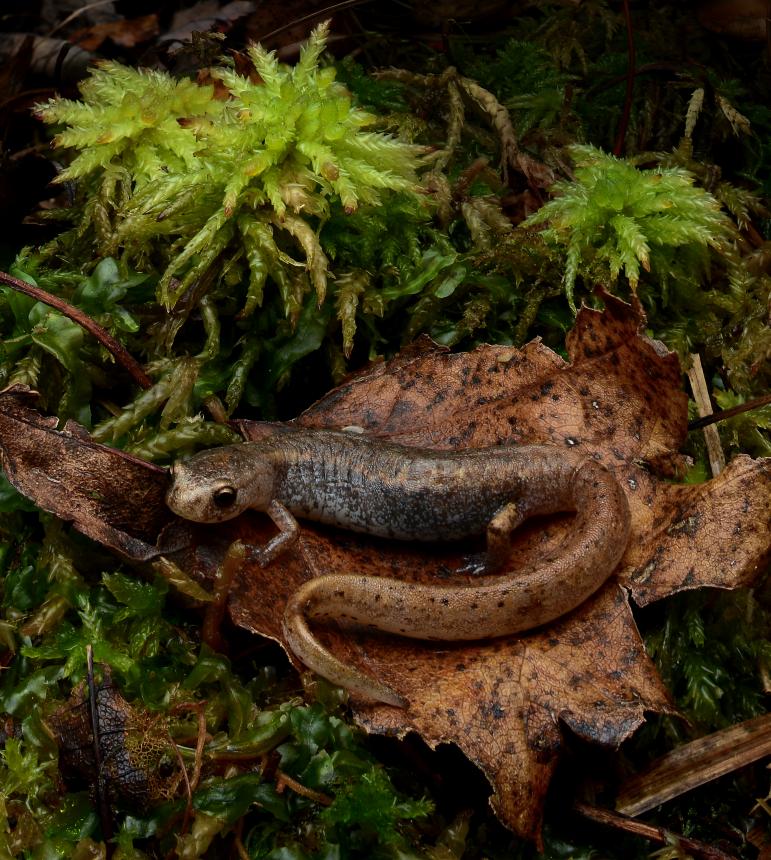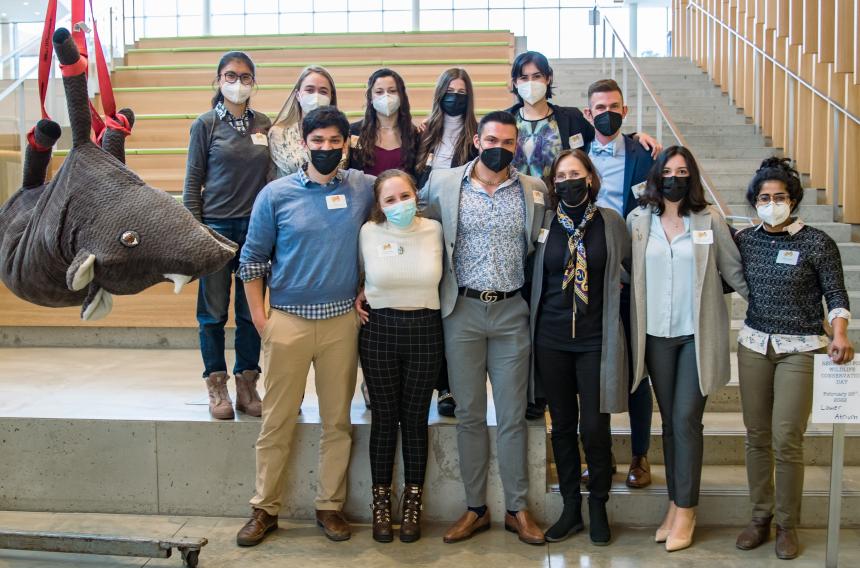In the News

November 06, 2025
As a veterinary student passionate about wildlife health, One Health, and infectious disease ecology, this experience was a turning point....

June 30, 2025
Warmer winters and shifting climates are helping ticks thrive in new places. From Lyme disease to meat allergies, learn how these tiny invaders are changing the map and what you can do to protect yourself.

June 17, 2025
Cornell researcher Dr. Laura Goodman’s groundbreaking prototype for early detection of tick-borne disease could transform diagnostics, but a sudden funding freeze has put the research on hold.

September 19, 2024
A new study from Cornell College of Veterinary Medicine researchers finds the first genetic evidence of feline coronavirus transmission between a captive wild and a domestic cat.

August 27, 2024
New York state lawmakers announced $19.5 million in capital funding to the New York State Veterinary Diagnostic Laboratory to expand the Animal Health Diagnostic Center at Cornell.

January 30, 2024
A transformational gift from philanthropist and Cornell alumna K. Lisa Yang ’74 will endow and rename the Cornell Wildlife Health Center as the Cornell K. Lisa Yang Center for Wildlife Health at the College of Veterinary Medicine.

February 19, 2023
Cornell's Dr. Laura Goodman says there's evidence that warming temperatures have already led to the emergence of a new fungal disease, Candida auris. She says that it's probably harmless for many people, but those with compromised immune systems may be at risk.

For Your Information
June 30, 2022
Successful conservation efforts for threatened species depend on accurate characterization of their distribution, habitat use, and threats. Environmental DNA (eDNA) monitoring can provide a sensitive and noninvasive alternative to traditional surveillance techniques.

March 21, 2022
Cornell’s Zoo and Wildlife Society hosted its first Wildlife Conservation Day Feb. 26, a one-day symposium devoted to education and training for students with an interest in non-domestic species.

October 04, 2021
Using the most technologically advanced test to make a diagnosis might seem like a logical move, but a new commentary paper co-authored by Cornell Aquatics Scientist Dr. Rod Getchell warns veterinary clinicians and researchers that a diagnosis cannot rely on tests alone.
